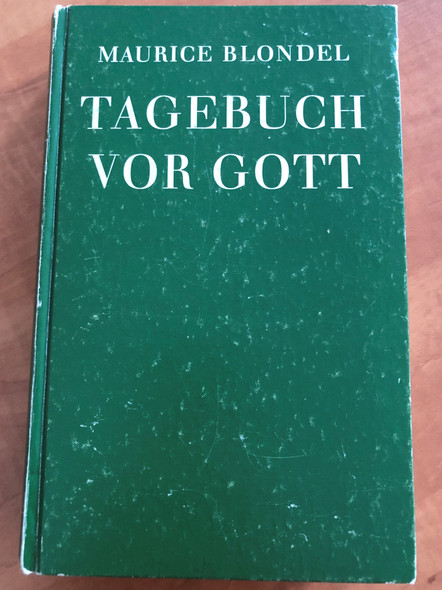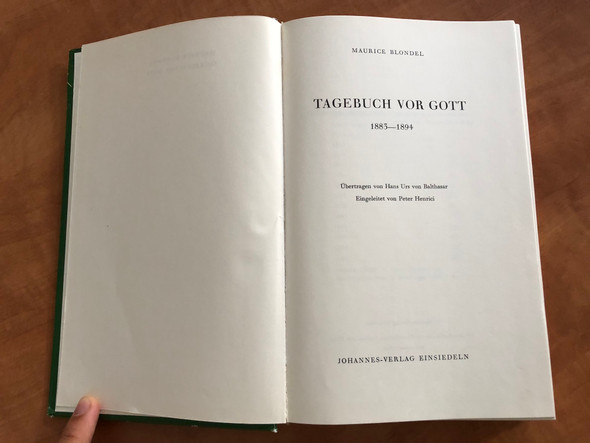Description
Orientalishe Teppichkunde by Rudolf Neugebauer, Julius Orendi / Handbuch mit 152 telivweise ganzseitigen textabbildungen / Hiersemann Verlag 1922 / Antique German book about oriental rugs, carpets
Hardcover 1922
ISBN: 9783928921459 / 978-3928921459
ISBN-10: 3928921452
PAGES: 246
PUBLISHER: Hiersemann Verlag
LANGUAGE: German / Deutsch
!!! Condition of this 100 YEAR book is USED VERY GOOD, close to LIKE NEW !!!
Hiersemann Verlag Leipzig,Erscheinungsjahr 1922,Format Groß8°,246 S. Glanzpapier + 16 ganzseitige Farbtafeln + 1 Titelbild + 1 ausklappbare Karte, desweiteren 152 teilweise ganzseitige Textabbildungen, sowie 12 ganzseitige Motivblätter , Originalhalbleder mit Deckelbild, Deckeltitel und goldenen Rückentitel, minimal berieben, Erhaltung.
An oriental rug is a heavy textile made for a wide variety of utilitarian and symbolic purposes and produced in "Oriental countries" for home use, local sale, and export.
Oriental carpets can be pile woven or flat woven without pile, using various materials such as silk, wool, and cotton. Examples range in size from pillows to large, room-sized carpets, and include carrier bags, floor coverings, decorations for animals, Islamic prayer rugs ('Jai'namaz'), Jewish Torah ark covers (parochet), and Christian altar covers. Since the High Middle Ages, oriental rugs have been an integral part of their cultures of origin, as well as of the European and, later on, the North American culture.
Geographically, oriental rugs are made in an area referred to as the “Rug Belt”, which stretches from Morocco across North Africa, the Middle East, and into Central Asia and northern India. It includes countries such as northern China, Tibet, Turkey, Iran, the Maghreb in the west, the Caucasus in the north, and India and Pakistan in the south. Oriental rugs were also made in South Africa from the early 1980s to mid 1990s in the village of Ilinge close to Queenstown.










































.JPG)
.JPG)
.JPG)
.JPG)









